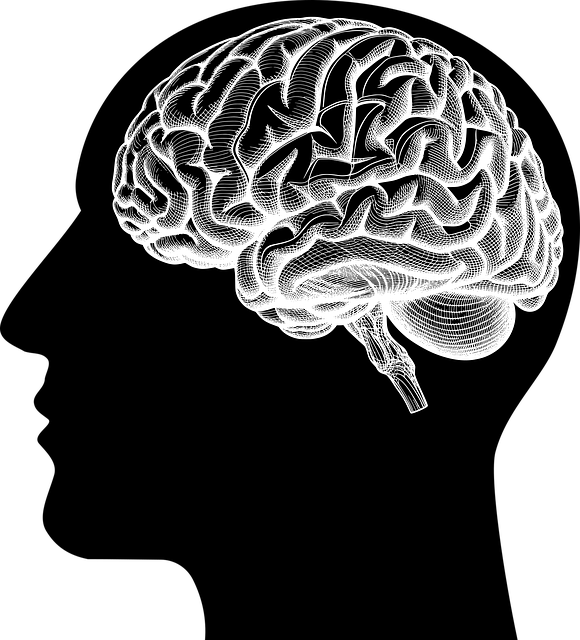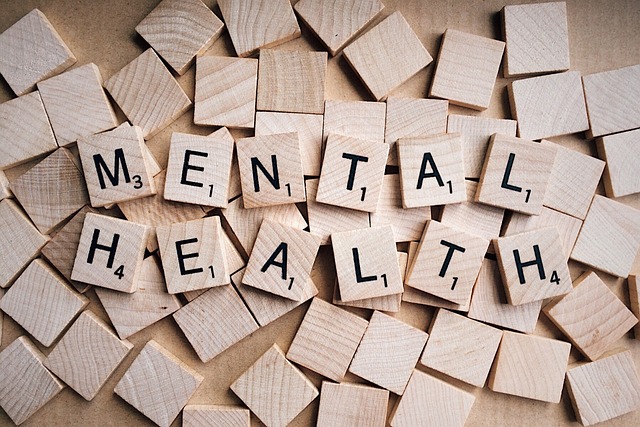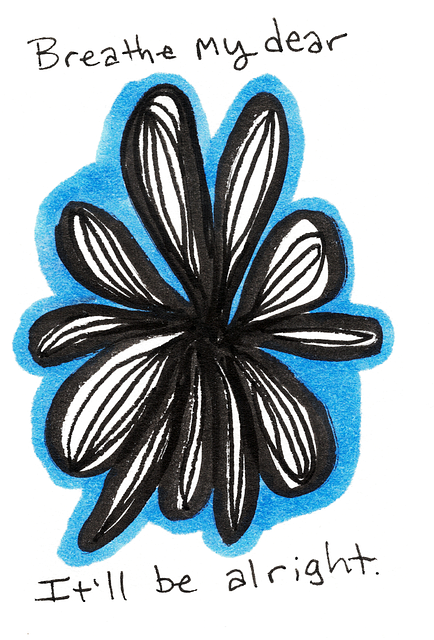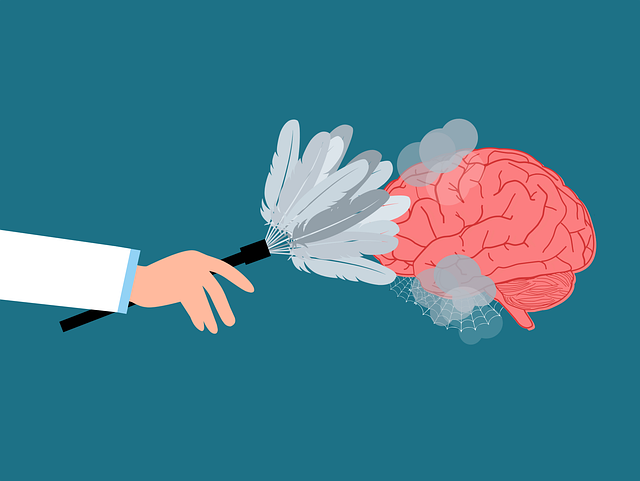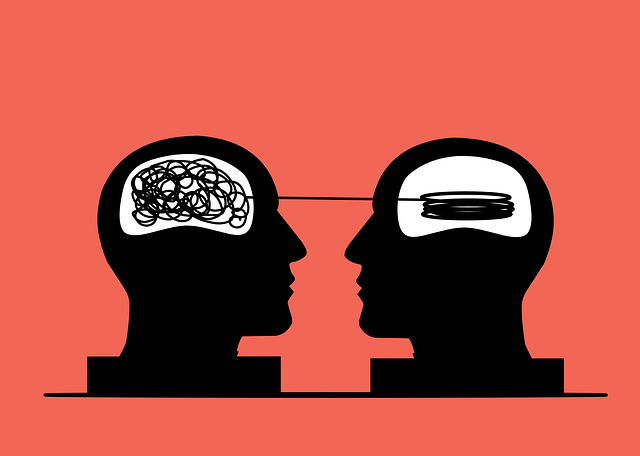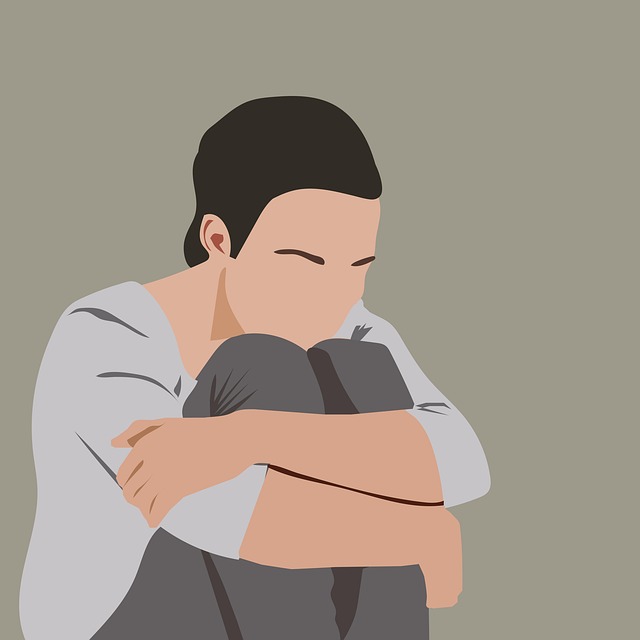Social skills training is a powerful tool for individuals recovering from mental health challenges, particularly in cases like domestic violence, as it addresses isolation and emotional barriers. Arvada Domestic Violence Therapy provides specialized support, focusing on communication strategies, emotional healing, and mindfulness techniques to enhance relationships and community resilience. Their holistic approach includes role-playing, CBT, and depression prevention campaigns, empowering clients to build stronger connections and navigate social situations with confidence while ensuring safe therapy environments.
Social skills training is a powerful tool for managing mental health conditions, addressing crucial links between social interactions and overall well-being. This article explores how individuals grappling with various mental health issues often face challenges in relationships, emphasizing the need for targeted support. We delve into effective strategies to enhance communication and social engagement, highlighting the role of specialized services like Arvada Domestic Violence Therapy, which offers comprehensive training to foster healthier connections and improve quality of life.
- Understanding the Link Between Social Skills and Mental Health
- Identifying Challenges in Relationships for Individuals with Mental Health Conditions
- Strategies for Developing Effective Communication and Social Interaction Skills
- The Role of Arvada Domestic Violence Therapy in Promoting Social Skills Training
Understanding the Link Between Social Skills and Mental Health

Social skills are integral to our overall mental health and wellness. In many cases, mental health conditions can impact an individual’s ability to connect with others, communicate effectively, and navigate social situations successfully. This can lead to feelings of isolation, depression, and anxiety. Recognizing this link is crucial, as addressing social skills can be a powerful tool in enhancing mental wellness.
For individuals facing challenges like those often seen in Arvada Domestic Violence Therapy cases, resilience building and emotional healing processes are facilitated by learning and practicing healthy social interactions. The Mental Wellness Podcast Series Production can serve as valuable resources for developing these skills. By engaging in therapy and leveraging these tools, individuals can improve their relationships, build a support system, and ultimately contribute to a more fulfilling life, even after experiencing difficult circumstances.
Identifying Challenges in Relationships for Individuals with Mental Health Conditions

Many individuals with mental health conditions face challenges when it comes to navigating relationships. These challenges often stem from difficulties in communication and emotional regulation, which can significantly impact social interactions. For instance, conditions like anxiety or depression might cause someone to retreat socially, leading to a lack of practice in building and maintaining healthy connections.
Moreover, conditions such as bipolar disorder or schizophrenia can complicate interpersonal dynamics due to mood swings, hallucinations, or delusions, making it hard for the person to express themselves clearly or understand others’ perspectives. In scenarios like Arvada Domestic Violence Therapy, these communication barriers can be particularly acute, emphasizing the need for tailored support that addresses both the mental health condition and the affected relationships. Effective strategies here might include teaching coping skills development and emotional healing processes designed to enhance communication strategies.
Strategies for Developing Effective Communication and Social Interaction Skills

Developing effective communication and social interaction skills is a vital component of social skills training for individuals managing mental health conditions. At Arvada Domestic Violence Therapy, we emphasize practical strategies to enhance these abilities, fostering healthier relationships and improved well-being. One key approach involves role-playing scenarios that mimic real-life interactions, allowing participants to practice expressing their thoughts and emotions in a safe environment. This technique empowers them to build confidence and refine their social cues, which are essential for navigating various social contexts.
Additionally, our programs incorporate mindfulness exercises and cognitive behavioral therapy (CBT) techniques to help individuals manage anxiety or distress during social situations. By promoting self-awareness and emotional regulation, we equip participants with the tools to respond calmly and assertively. These strategies not only benefit their personal relationships but also contribute to public awareness campaigns focused on depression prevention and crisis intervention guidance, ultimately enhancing overall community resilience.
The Role of Arvada Domestic Violence Therapy in Promoting Social Skills Training

Arvada Domestic Violence Therapy stands as a beacon of hope and support for individuals navigating mental health challenges while also addressing critical social dynamics. Beyond traditional therapy models, they specialize in promoting social skills training tailored to personal needs. This holistic approach recognizes that effective communication, empathy, and interpersonal relationships are integral components of recovery and overall well-being.
By integrating these skills into their practice, Arvada Domestic Violence Therapy empowers clients to build healthier connections, foster self-esteem, and develop a robust self-care routine for better mental health. Moreover, their expertise in risk assessment guides mental health professionals in identifying potential triggers and implementing strategies to ensure safe and supportive environments during therapy sessions and beyond. This comprehensive focus not only enhances individual growth but also contributes to the organization of stress management workshops, fostering a community dedicated to collective resilience and well-being.
Social skills training is a powerful tool for individuals with mental health conditions, offering a path to improved relationships and enhanced well-being. By understanding the connection between social skills and mental health, we can identify specific challenges faced by those in need. The strategies outlined in this article provide practical ways to develop effective communication and interaction abilities. Arvada Domestic Violence Therapy plays a vital role in promoting these training programs, fostering a supportive environment where individuals can navigate complex social dynamics and build meaningful connections. Through tailored interventions, individuals gain the confidence to engage with others, leading to improved mental health outcomes.
